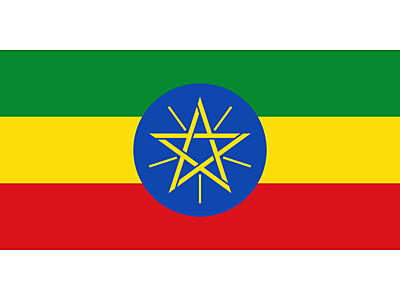International Day of the Midwife in Ethiopia - a day for honoring midwives and strengthening partnership
Posted by khethiwe qotyana on 27 March 2018, 16:30 SAST

The International Day of the Midwife was celebrated globally on 5 May 2015 and commemorated in Ethiopia on 7 May 2015 with the theme, “Midwives for a better tomorrow.”
With the Millennium Development Goals (MDGs) coming to an end in September 2015, this is indeed a special year to highlight the role of midwives in the achievement of MDG 4 and in the progress towards the achievement of MDG 5 in Ethiopia. The recognition of midwives this year is key also in light of the world’s move to the UN Sustainable Development Goals beyond 2015.
The effective engagement of midwives with other medical and public health teams is a proven way to ensure safe delivery, with higher survival rates for both mothers and newborns.
At the International Day of the Midwife event in Addis Ababa, Dr Fiona Braka, Maternal and Child Health Cluster Coordinator of WHO Ethiopia – speaking on behalf of the WHO Representative – recognized the contribution of midwives in the achievement of the MDG 4 on reduction of child mortality. Dr Braka further underscored, “Midwives will to continue to play a key role towards the achievement of the Millennium Development Goal on reducing maternal deaths, for which Ethiopia is making progress.”
At the same event, WHO Ethiopia donated a Toyota Land cruiser to the Ethiopian Midwives Association, the Association’s first vehicle, to facilitate its effort towards promoting quality midwifery care.
Sr Aster Teshome, President of the Association, expressed her sincere appreciation to WHO for the donation and confirmed that this will go a long way in enabling the Association to reach out to and strengthen its support as they go about their duties of securing safe deliveries and ensuring the survival of mothers and newborns across Ethiopia.
The International Day of the Midwife commemoration in Ethiopia was also officiated by the UNFPA Representative in Ethiopia, Mr Faustin Yao, and the UNICEF Representative, Ms Gillian Mellsop.
WHO Ethiopia continues to provide technical support to the Ministry of Health, Regional Health Bureaus and health professional associations like the Ethiopia Midwives Association towards securing the provision of equitable and quality health care to the Ethiopian people.
